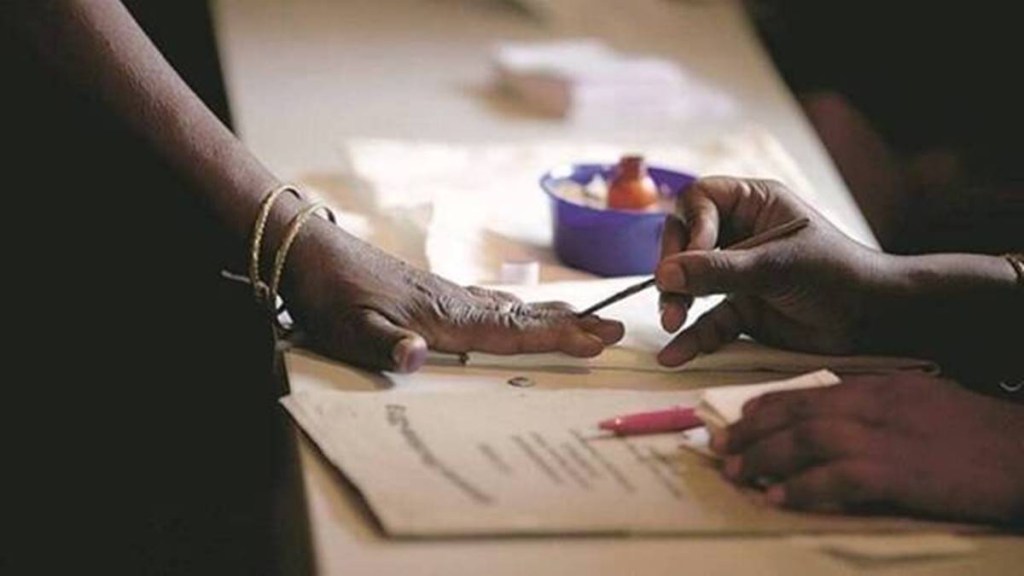The Centre’s decision to constitute a committee headed by former President Ramnath Kovind to study the feasibility of holding simultaneous Lok Sabha and Assembly elections, as was the case till 1967, has created a buzz in political circles ahead of the special session of Parliament convened from September 18-22.
The idea of ‘One Nation One Election’ was first mooted by the Election Commission in 1982, and endorsed by the Law Commission in 1999, has seen increased hype ever since the Narendra Modi government of the BJP-led NDA came to power at the Centre in 2014. However, it has earlier found favour with former Prime Minister Atal Bihari Vajpayee in 2003 and again by senior BJP leader Lal Krishna Advani in 2010.
Also Read: One Nation, One Election – Explained, idea and arguments around it
The reactions to the idea of holding simultaneous polls have widely found in-principle support cutting across political parties but concerns remain around its implementation. Several bodies such as the Law Commission, Niti Aayog, the standing committee on law and justice as well as the EC have favoured the idea, citing the impact on governance due to the perpetual enforcement of the model code of conduct.
Besides the logistical challenges for the Election Commission to plan for simultaneous elections, its implementation would also require amendments to at least five Articles of the Constitution. As per experts, Article 83 (duration of houses of Parliament), Article 85 (sessions of Parliament, prorogation and dissolution), Article 172 (duration of state legislatures), Article 174 (sessions of state legislature, prorogation and dissolution) and Article 356 (President’s rule) will require amendments by Parliament and ratification by at least 50 per cent of total states.
Also Read: Centre forms 8-member ‘one nation, one election’ panel headed by ex-President Ramnath Kovind
If the idea manages to get approval from Parliament, 10 states where elections are due could go to polls along with the Lok Sabha elections. The terms of these assemblies expire either before or around the time the Lok Sabha elections are scheduled to be held in 2024.
Assembly elections in five states — Madhya Pradesh, Rajasthan, Telangana, Mizoram and Chhattisgarh — are due by the end of this year. However, polls in Andhra Pradesh, Arunachal Pradesh, Odisha, Sikkim and Jharkhand may be held along with the Lok Sabha polls earlier if the general elections are advanced.
Also Read: One Nation, One Election: Can India beat election inflation by reverting to pre-1967 routine?
Schedule of the completion of the terms for states and Union Territories: Full list
- Mizoram: December 2023
- Chhattisgarh, Madhya Pradesh, Rajasthan, Telangana: January 2024
- Andhra Pradesh, Arunachal Pradesh, Odisha, Sikkim: June 2024
- Haryana, Maharashtra: November 2024
- Jharkhand: December 2024
- Delhi: February 2025
- Bihar: November 2025
- Assam, Kerala, Tamil Nadu, West Bengal: May 2026
- Puducherry: June 2026
- Goa, Manipur, Punjab, Uttarakhand: March 2027
11.Uttar Pradesh: May 2027 - Gujarat, Himachal Pradesh: December 2027
- Meghalaya, Nagaland, Tripura: March 2028
- Karnataka: May 2028
There is still no clarity on the completion of the term of Jammu and Kashmir UT, which was formed after the erstwhile Assembly was dissolved in 2018.
(With agencies)

